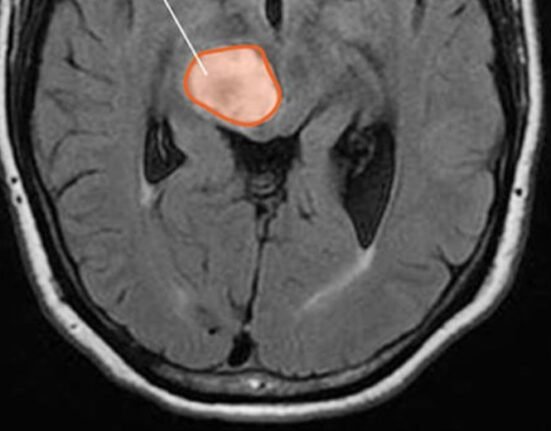HQ Team
May 15, 2025: The US Food and Drug Administration (FDA) has granted an accelerated approval for AbbVie Inc.’s drug to treat a specific group of adult lung cancer patients who have tried other systemic treatments.
The drug Emrelis (telisotuzumab vedotin-tllv) was approved for adults who have a type of lung cancer called non-squamous non-small cell lung cancer (NSCLC) that is either locally advanced or has spread to other parts of the body.
The FDA approval is for patients whose tumours have a high amount of a protein called c-Met. Specifically, at least half of the tumour cells show a strong presence of this protein, as confirmed by an FDA-approved test.
These patients must have already tried other systemic treatments before using Emrelis.
The drug works by targeting the c-Met protein on cancer cells and delivering a powerful anti-cancer drug directly to those cells. This kind of medicine is called an antibody-drug conjugate, which acts like a guided missile to attack cancer cells while sparing healthy cells.
Seven-month benefit
The FDA’s approval is based on clinical trial results showing that about 35% of patients had their tumours shrink or disappear after treatment, and the benefits lasted for a median of about seven months.
Because this is an accelerated approval, AbbVie will need to confirm these benefits in further studies to keep the drug approved for this use.
Emrelis is the first and only treatment approved specifically for this group of lung cancer patients with high c-Met protein levels.
Approximately 85% of lung cancers are classified as NSCLC, and despite advances in treatment, lung cancer remains the leading cause of cancer-related deaths throughout the world.
The c-Met protein is found to be overexpressed in approximately 25% of advanced EGFR wild-type, non-squamous NSCLC patients and is associated with poor prognosis.
c-Met overexpression
About half of these patients have high c-Met overexpression, defined as greater than or equal to 50% of tumour cells with strong staining by immunohistochemistry test.
“We have observed a paradigm shift in oncology in recent decades toward personalised, biomarker-driven therapeutics, allowing for better selection and optimised treatment outcomes,” said Jonathan Goldman, MD, professor of medicine, Director of Thoracic Oncology clinical trials, UCLA.
“People with c-Met overexpressing NSCLC have poor prognosis and limited treatment options, and Emrelis is a first-in-class anti-drug conjugate that can address a critical unmet need for this patient population.”
Roopal Thakkar, MD, executive vice president, research and development, Chief Scientific Officer at AbbVie, said. “Leveraging advanced technology and data science, we are growing our ADC portfolio designed to deliver the right medicines to the right patients in need across a range of difficult-to-treat tumours.”
Peripheral oedema
The most common adverse reactions of the drug, above or equal to 20%, were peripheral neuropathy, fatigue, decreased appetite and peripheral oedema.
“Despite the progress we have seen in the treatment of lung cancer, we need more options for people whose treatments stop working,” said Upal Basu Roy, PhD, MPH, Executive Director of Research, LUNGevity Foundation, a leading lung cancer nonprofit organisation.
“This approval is a welcomed targeted therapy for those with high c-Met protein overexpressing late-stage, non-small cell lung cancer who have seen very limited treatment innovation in the last decade.”
Emrelis is being further evaluated as a monotherapy in patients with previously treated c-Met overexpressing NSCLC in the randomised end-stage confirmatory global study. Enrollment in the study is underway and continues across global clinical trial sites.








